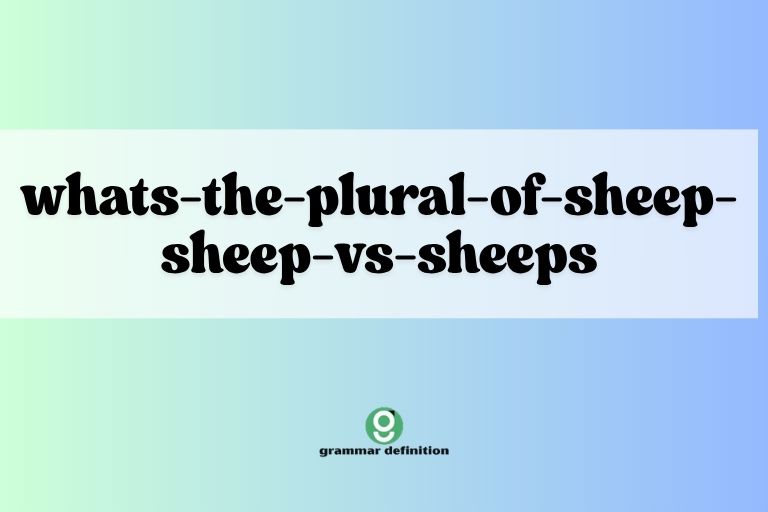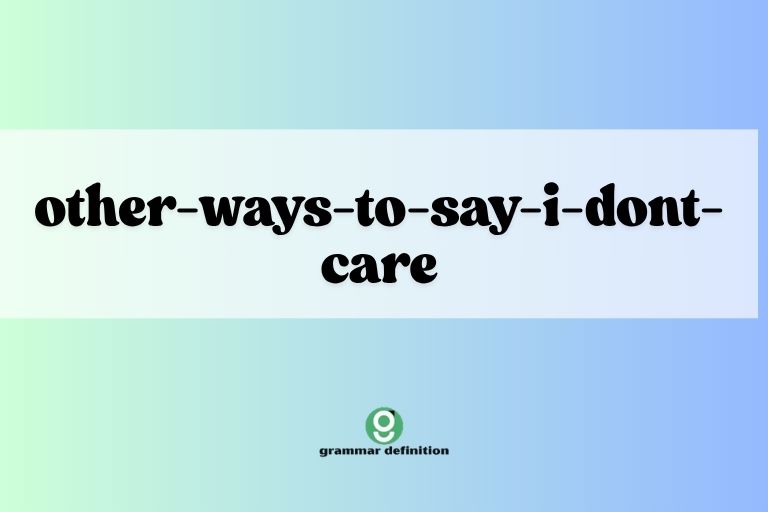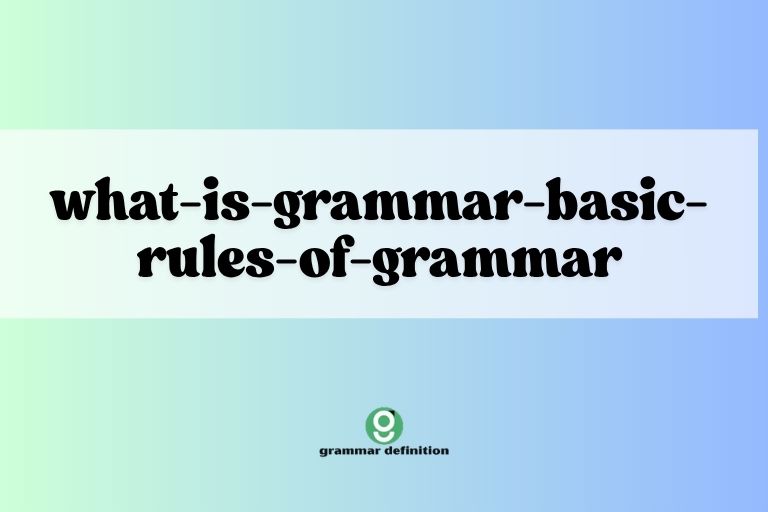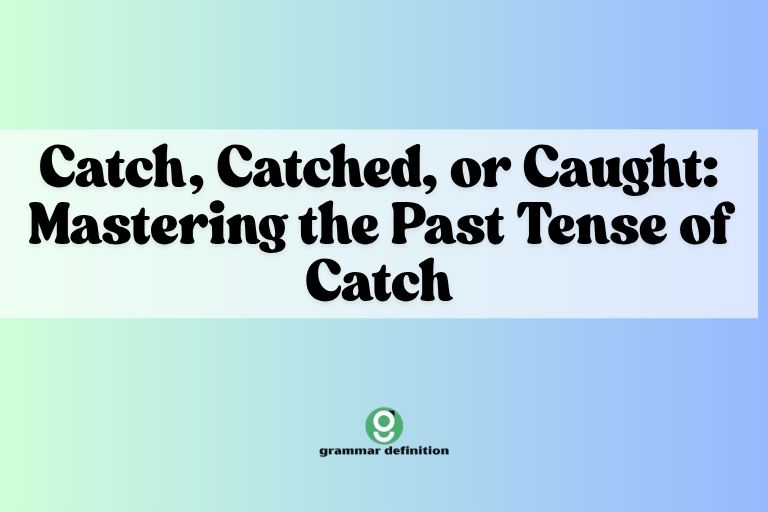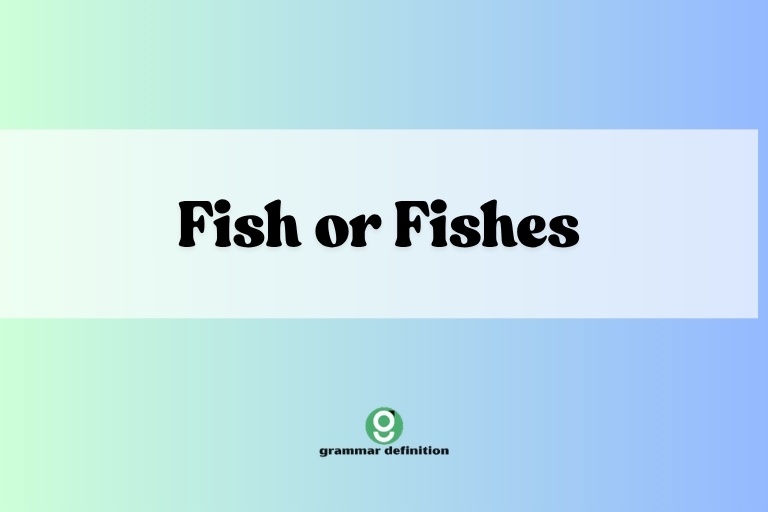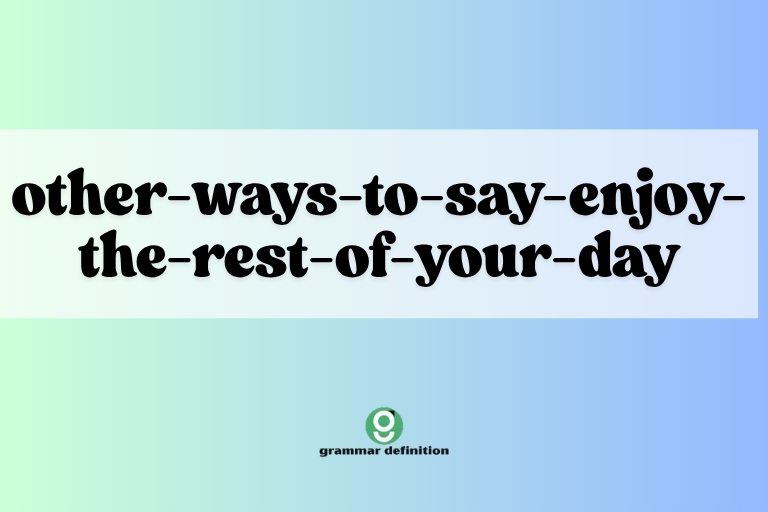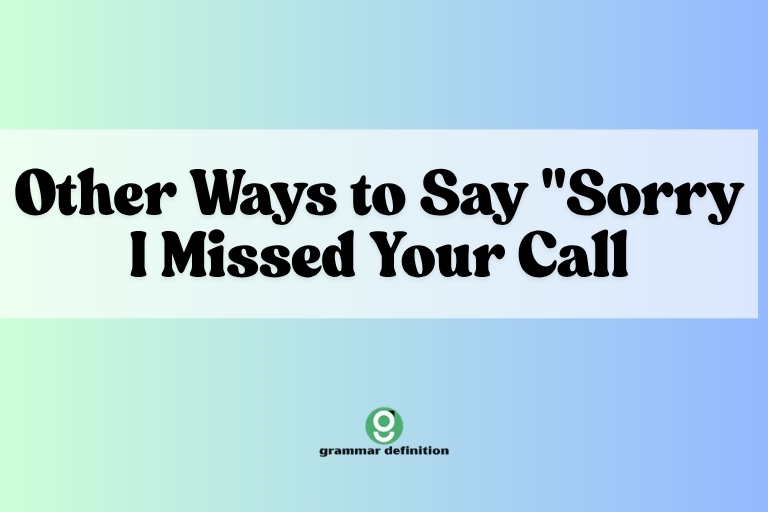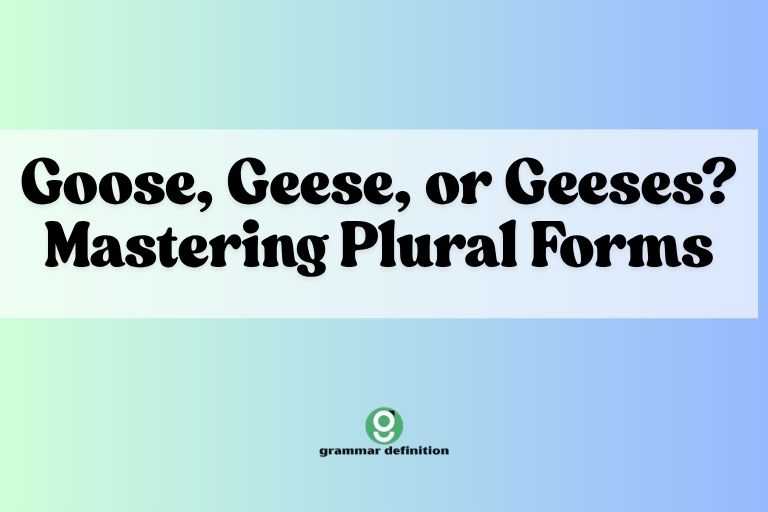Sheep or Sheeps: Understanding Plural Forms in English
Navigating the nuances of English grammar can sometimes feel like traversing a woolly maze, especially when dealing with irregular plural forms. The word “sheep” is a prime example. Is the plural “sheep” or “sheeps”? Understanding this distinction is crucial for clear and accurate communication, whether you’re writing an academic paper, crafting a marketing campaign, or … Read more

